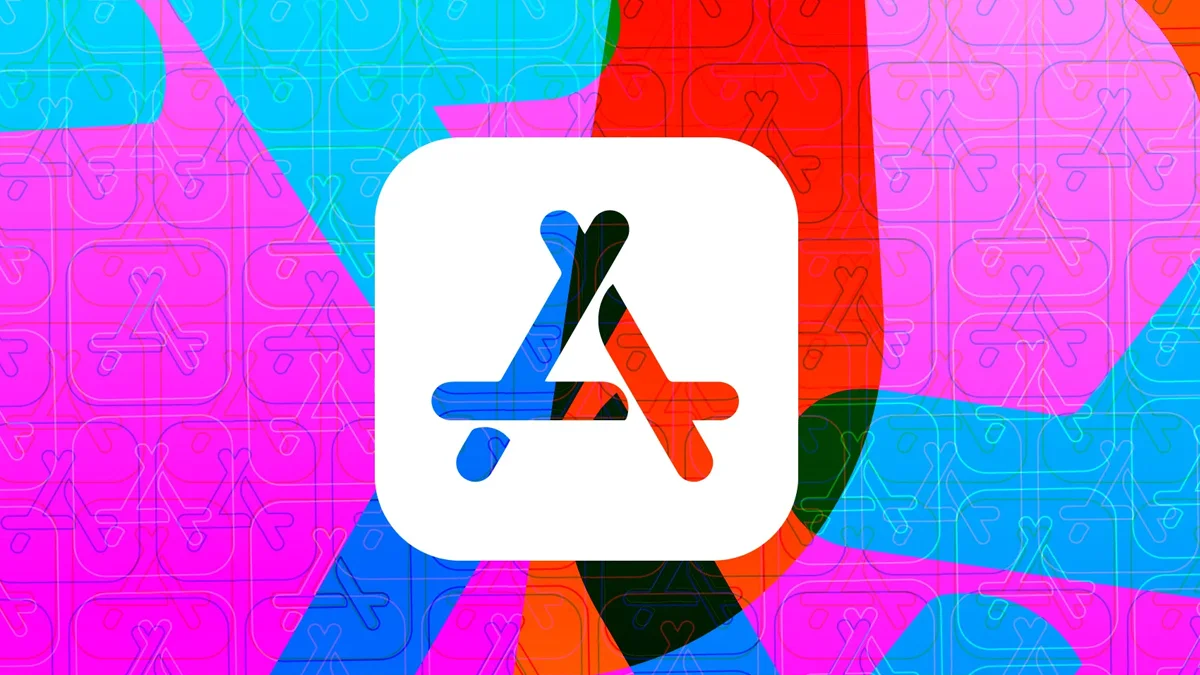Necessary Always Active
Necessary cookies are required to enable the basic features of this site, such as providing secure log-in or adjusting your consent preferences. These cookies do not store any personally identifiable data.
|
||||||
|
||||||
|
||||||
|

Apple has released a new API dubbed Advanced Commerce API. Apple’s new API increases the number of in-app purchase formats like content add-ons and subscriptions on the tech giants App Store, TechCrunch reported.
Apple Advanced Commerce API’s is a reflection of the steps that the tech giant is taking to refine its App Store policies amid rising scrutiny from regulatory bodies in the European Union. On January 23, UK antitrust watchdog commenced investigation into Apple’s big mobile ecosystem. The UK Competition and Markets Authority will be probing whether Apple holds strategic market dominance in its mobile system.
“The App Store facilitates billions of transactions annually to help developers grow their businesses and provide a world-class customer experience. To further support developers’ evolving business models – such as exceptionally large content catalogs, creator experiences, and subscriptions with optional add-ons – we’re introducing the Advanced Commerce API,” the tech giant in a statement.
Introduction of the Advanced Commerce API forms part of the company’s broader response to challenges that developers of apps that lack conventional monetization models. Developers can submit requests to use the API to manage in-app purchases within their applications with greater flexibility. This will enable them to utilize App Store’s trusted commerce system.
Apple also announced that it had expanded the eligibility of developers and apps as well as use cases that will apply on its new API in three broad categories. The first use case of the Advanced Commerce API is apps that feature huge libraries of one-time purchases and frequent updates. Such apps include courses and audiobooks.
The next use case is apps that add creator-led content that allow users to make a one-time payment in order to access such content or renew their subscription. The other use case is user purchase add-ons that are placed within subscription services. These could include additional sports, channels, or region-specific content that is marketed as a renewable purchase. Apple said it’s not making changes to the commission structure in order to support additional use cases.
In 2024, Apple asked Patreon, a creator platform to shift to its App Store billing system for creator content. Failure to shift to this platform, Patreon risked being pushed out of the Apple Store. Patreon agreed to migrate its iOS app to the Apple-owned billing system progressively and is set to complete the process in November this year. With Apple’s new API support, the big tech will support use cases for companies like Patreon better.
Earlier this month, Apple unveiled a raft of changes to iOS in the EU market as it responded to the region’s Digital Markets Act anti-competition provisions. The changes included a new fee for developers. The new laws pushed Apple into supporting alternative payment processing options and third-party app stores on its platform.
The big tech has been working to provide value for developers in order to keep them within its ecosystem. Some of the Apple app development updates that the company has made to achieve this include allowing developers to give buyers whose subscriptions lapse discounts and accommodating retro game emulators from different parts of the world.